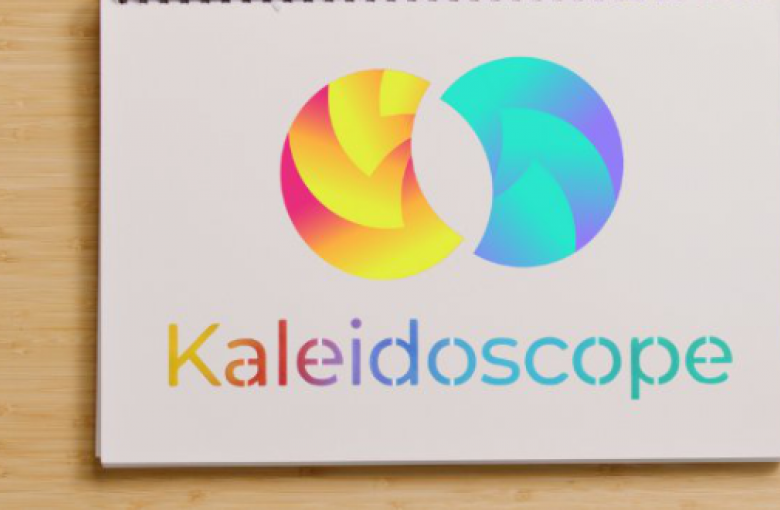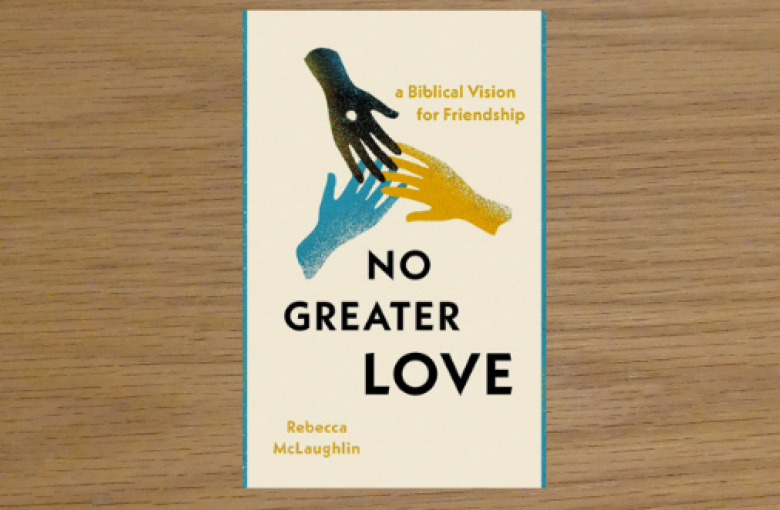The “Being Human” team within the Evangelical Alliance has recently published their “Relationships Matter” course. It is aimed at encouraging Christians to explore and chat about the subject of sexuality within the culture we live in. Yes, a course inviting discussions about sex among Christians in an open and honest way! A subject that for many of us, perhaps, is quite personal and sometimes complex. Few of us will have heard it discussed deeply enough in our churches.
Articles that advise on how best to support and care for friends/family/church members etc
When I first came across Living Out’s new youth series, Kaleidoscope, I was excited about the project. There have been fantastic courses aimed particularly at adults, but not very many current (or helpful) courses for young people. We desperately need interactive visual media for teenagers to connect with the complex matters of sexuality, gender and faith, especially since many Christians and youth groups shy away from teaching this topic. I’m very pleased to report that Kaleidoscope is a fun and dynamic resource that is pastorally appropriate, relatable and honest.
I was brought up by two loving Christian parents. They both worked in full time Christian ministry, so I spent much of my childhood in or around church.
Friendships are an essential part of our daily Christian lives, and yet few of us have a biblical theology of friendship. This article seeks to highlight a few key biblical principles for us to live and evaluate our friendships by.
I had recently asked my Barnabas group for advice about how to develop friendships with other women in light of same-sex attraction. So, when my group leader asked me to read and review “No Greater Love”, I eagerly agreed, hopeful to gain some clear insights, as well as a deeper theological understanding of friendship. I was not disappointed.
During my Curate training, the higher-ups thought it would be a good idea to make me (I use that word deliberately) do a placement in a school. To be fair, it was indeed a good idea. The thinking is that it helps Assistant Curates (assistant ministers) understand the inner workings of Church of England schools. When I wasn’t accidentally giving the wrong answers to Key Stage Two maths questions (that was humbling!), I was observing just how easy it was for the children to make friends. No drama. No angst. Friendship was just so natural for them.






